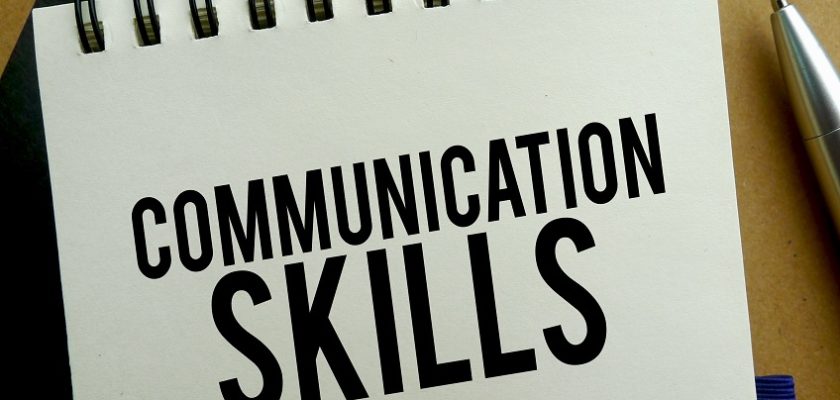Did you know that good communication skills are the most desired by employers today? Communication is simply the act of transferring information from one place to another. Communication may be vocal, written, visual or non-verbal.
Employers seek employees with strong interpersonal and communication skills. They want employees who have the ability to communicate effectively with managers, colleagues, clients, customers, suppliers and other business stakeholders. Regardless of the industry.
If the role you are applying for is at management level, good communication skills are essential for the job. Hiring managers are looking for candidates who can develop into strong, effective leaders capable of inspiring others and keeping their teams motivated.
Communicating is easy, but communicating well takes skill. There are specific things you can do to develop your communications skills and become a desirable candidate for employment:
1. Work on your listening skills
The best communicators are the best listeners. Listening is a communication skill that can be perfected. The key to listening is to focus on the other person while they are speaking. Making eye contact with them during the conversation and taking in their words help to increase your active listening skills. If on the phone while listening, don’t perform other tasks but take notes if you need to. Don’t try to formulate an answer or response while the other person is speaking. Waiting for them to finish and giving them your undivided attention is essential.
2. Simplify and stay on message
The best communicators can simplify the complex and use straightforward, simple language. Employees, customers and suppliers are overloaded with information and find it hard at times to absorb a lot of information at once. Therefore stripping back the business speak, technical terminology and acronyms are much more effective when communicating.
3. Develop your written communication skills
Employees with excellent written communication skills are highly sought after today. Employers view those with quality writing skills as ‘clear thinkers’ and rate them highly. You can develop your written communication skills by;
- Writing shorter sentences. 14 words per sentence are optimum for the reader to achieve comprehension.
- Simplify your language and avoid using high brow words.
- Include a call to action. What is the purpose of your written communication? Make the purpose clear.
- Draft your text, making sure the message is clear.
- Be succinct. Edit, edit and edit again.
- Write actively, not passively. Engage your reader with an active voice and avoid using passive structures.
- Finally, structure your writing. Good structure is key more effective writing. Identify sections, headings and main messages before writing anything.
4. Know your audience
Good communicators know how to adapt to different audiences. This may take some background research before commencing. For example, if you are presenting a proposal to senior management, you will need to know who will be there. You need to know what will make each member act? Knowing your audience will help you convince, persuade or inform them. Remember the language you use varies from audience type too. While it is acceptable to use informal language with a friend, it has no place while dealing with senior colleagues or management. Therefore, effective communicators target their message based on who they are speaking to.
5. Don’t forget your body language
Finally, it is important to also practice positive body language when working on your communication skills. Body language can indicate a very different intention to what is being verbally communicated. Here are three quick positive body language tips:
- Be cognizant of your frame while sitting or standing. Keep it relaxed and loosen your shoulders. This signals that you are comfortable in the presence of the person you are with.
- Leaning in signals that you are actively listening, focused on the other person and are interested in what they are saying.
- Make eye contact. Maintaining eye contact again signals to the other person that they have your undivided attention. Also that you are interested in what they are saying. While some people find it difficult to maintain eye contact, try making face contact, which involves looking at the features of the face (nose, eyes, mouth and repeat) for three seconds at a time.
How well you communicate and present yourself will set you apart, both in the interview process and later as you advance in your career.

